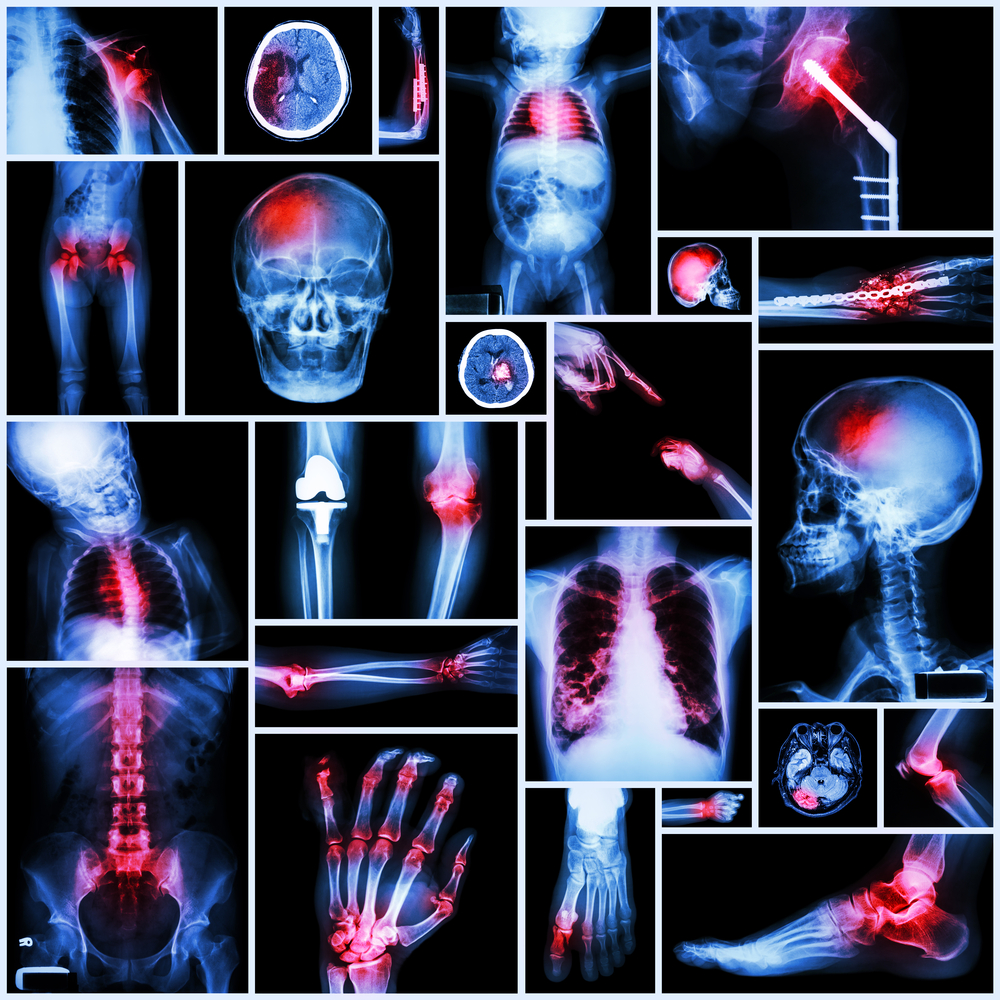Schedule Your Radiology Exam Before the End of the Year
If you put off scheduling a radiology exam because of high out-of-pocket costs, now is the time to do it. With the end of the year approaching quickly, you can maximize your health insurance coverage by taking advantage of any appointments or exams covered under your plan.
Most health insurance plans cover the majority of diagnostic or preventative radiology exams, so you may be able to get them done at little or no cost to you. So don’t wait – schedule your radiology exam today and take care of your health before the end of the year.
What Type of Radiology Exams Should I Schedule?

If you want to schedule a radiology exam before the end of the year, here are a few things to keep in mind.
First, it’s essential to know what type of exam you need. Various types of radiology exams can screen for different conditions. Your doctor will likely order a specific exam based on your symptoms or risk factors.
Some common radiology exams include X-rays, computed tomography (CT) scans, and magnetic resonance imaging (MRI) scans. X-rays help medical professionals screen for broken bones or pneumonia. Many doctors order CT scans when looking for tumors or abnormalities in the brain or other organs, while MRI scans can evaluate the spine or joints.
Once you know what type of exam you need, you can start scheduling it with a radiology center. Many insurance companies require that you get prior authorization before having certain types of exams. You’ll need to contact your insurance company to see if they cover the exam and get approval from them before scheduling.
Common Screening Tests for Women to Schedule Today
There are many different screening tests women may undergo during their lifetime. Some of the most common ones include:
- Mammogram: A mammogram is an X-ray of the breast tissue. It helps doctors look for changes in the breast tissue that could be cancerous or precancerous.
- Pap smear:A Pap smear is a test that looks for changes in the cells of the cervix, which is the opening to the uterus. Changes in these cells can be an early sign of cervical cancer.
- Bone density test:A bone density test allows medical professionals to measure the density of bones, which can help to diagnose osteoporosis. Osteoporosis is a condition that causes bones to become weak and fragile.
- Cholesterol test: A cholesterol test measures LDL and HDL cholesterol levels in the blood. High LDL cholesterol levels can increase the risk of heart disease, while high HDL cholesterol levels can reduce the risk.
These are just some of the most common screening tests that women may undergo. It’s important to talk to your doctor about which ones are right for you based on your age, health history, and other factors.
Common Screening Tests for Men to Schedule Today
Various screening tests are available for men; the most appropriate test depends on your individual risk factors. Some of the most common screening tests include:
- PSA test: A PSA test measures the prostate-specific antigen (PSA) level in your blood. PSA is a protein produced by the prostate gland, and elevated levels can signify prostate cancer.
- TRUS: A transrectal ultrasound (TRUS) is an imaging test that uses sound waves to create a picture of the prostate gland. This test helps guide a biopsy of the prostate.
- Low-Dose CT Lung Screening: A low-dose CT lung screening is a test that uses special x-ray equipment to take detailed pictures, or scans, of your lungs. The test is used to find signs of lung cancer, including tumors that are too small to see on a regular chest x-ray. Your doctor may recommend a low-dose CT lung screening if you have a smoking history or are at high risk for lung cancer.
- DEXA Scan: A DEXA scan is a type of X-ray used to measure bone density. It is the most common test used to diagnose osteoporosis, a condition in which bones become thin and fragile. The DEXA scan can also monitor the progression of osteoporosis and assess the fracture risk.
- CT Cardiac Calcium Scoring: A CT cardiac calcium scoring is an X-ray exam that checks for calcified plaque. It can help doctors rule out heart disease and prevent fatal heart attacks. Men over 45 with certain risk factors should schedule a CT cardiac calcium scoring.
Schedule Your Diagnostic Imaging Appointment Today
At ImageCare Centers, we offer state-of-the-art imaging at a fraction of the cost of hospitals and urgent care clinics. Our trained specialists and technicians can help you through every aspect of your procedure – from scheduling to recovery. Now is the perfect time to schedule your radiology test – before the end of the year! Contact us today at 973-871-3333 to schedule an appointment or complete our convenient online appointment request form.